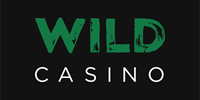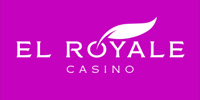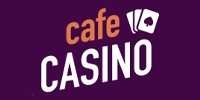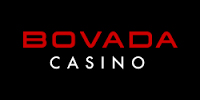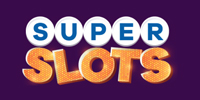Pennsylvania Online Gambling
On October 30, 2017, Pennsylvania passed legislation introducing online gambling and daily fantasy sports to the state. Once the Supreme Court rules on the matter, the new rules allow casinos to offer sports betting. On May 14, 2018, the Supreme Court ruled that the federal ban on sports betting was unconstitutional, overturning the Professional and Amateur Sports Protection Act of 1992.
This makes Keystone State the fourth state to legalize online gambling. Because of Pennsylvania’s large population, the local online gaming industry is projected to outpace Nevada, New Jersey or Delaware — nearly 13 million, compared to New Jersey’s 9 million and Nevada’s 3 million. Pennsylvania already has a well-established land-based gambling industry, second only to Nevada in size. In 2017, the combined revenue of all casinos in Pennsylvania exceeded $3,000,000.
The biggest problems for would-be online gaming operators in Pennsylvania have to do with taxes and high barriers to entry. The Pennsylvania Gaming Control Board was approved to issue 39 licenses, and local casinos had applied for 32 in the first two licensing phases. External agencies can submit applications to the third approval stage. However, each license costs $4 million, and companies that receive licenses are selected at random when applications become overwhelmed.
Plus, winnings at online casinos are taxed at 34% — just like brick-and-mortar casinos. Looking at other fencing markets, this can hurt iGaming promotions, as legitimate Pennsylvania sites can’t offer great bonuses for new or returning players.
The tax does not apply to casino games offered by the Pennsylvania Lottery, which is state-owned and unilaterally authorized by Pennsylvania Gov. Tom Wolf to expand its services into the region when the new rules went into effect. Note that PA iLottery’s main function is to raise funds for government projects, so this does not give it any competitive advantage.
Still, local casinos weren’t keen on competing with the Pennsylvania Lottery and ended up suing them over the latest expansion. They claim that the lottery has reached its limits and that the new games are based on images, making them indistinguishable from slot machines. How the court will decide on the matter seems unpredictable. To make matters worse, many important issues such as B. Online poker’s interstate player pools have not yet been regulated.
Pennsylvania casino
Pennsylvania has 13 brick-and-mortar casinos: Parx (17.6% market share in 2017), Sands (16.9%), Rivers (10.4%), SugarHouse (9.2%), Harrah’s (8.2%), Meadows (7.8%), Mohegan Sun (7.7%), Hollywood (7.6%), Mount Airy (6.1%), Presque Isle (3.9%), Valley Forge (3, 6%) and Lady Luck (1.1%). All but Lady Luck and Meadows have applied for online casino licenses for slot machines and table games.
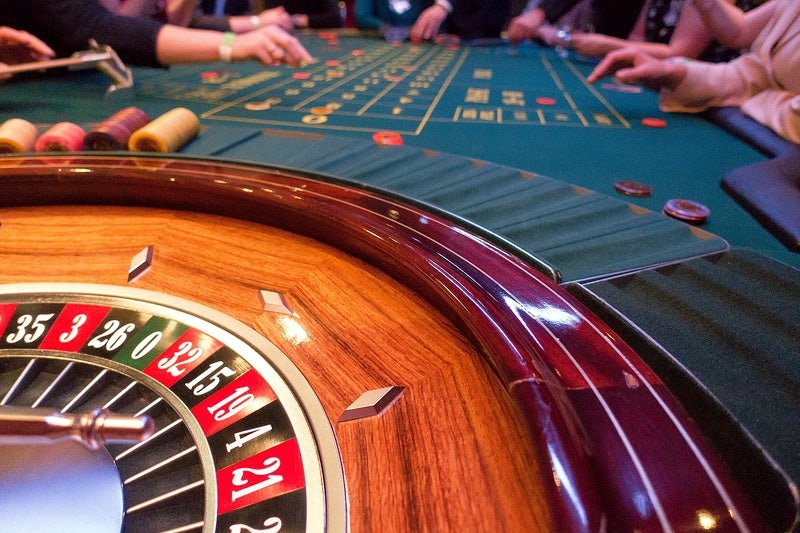
This means that in 2019, gambling enthusiasts in Pennsylvania should have access to at least 11 established casino sites similar to those in New Jersey. Mount Airy has signed a partnership with PokerStars, but will offer casino games under the 888 brand. Boyd Gaming, the company that owns Valley Forge Casino, has signed an agreement with PlayMGM. Parx Casino already operates a social gaming site powered by GameAccount Network and may begin offering real money games with this partner. Both SugarHouse and Rivers Casino are owned by Rush Street Gaming and will launch a website running on Rush Street Interactive software, which is also used by SugarHouse NJ.
Everything beyond that is pure speculation, but as with the Garden State, the Mohegan Sun will likely opt for SG Digital solutions. Harrah’s Casino is also expected to partner with the company, but it may stick with the 888 software — and if so, Harrah’s PA could end up being a local mirror image of Harrah’s NJ. Presque Isle is likely to launch a website powered by its proprietary software, as its parent company has been developing a casino suite since at least 2014. Valley Forge signed a partnership agreement with bwin in 2015, but it remains to be seen whether this is still relevant – GVC acquired bwin in 2016 and Boyd Gaming acquired Valley Forge in 2017.
With two slot machine licenses and two table gaming licenses up for grabs, there are plenty of opportunities for outside businesses. The most likely candidates include Stars Group, Golden Nugget, Unibet, William Hill, Winamax and Bet365.
Pennsylvania poker
With the exception of Presque Casino, all PA gaming establishments that have applied for a casino license are also attempting to obtain a poker license. However, only Mount Airy has confirmed its online partners, so PokerStars PA can get a head start on the competition. Harrah’s Philadelphia is likely to merge with 888 under the WSOP brand, while Valley Forge is expected to use GVC software. Everything else remains a mystery, but judging by what’s happening in New Jersey, we’re sure to see all the major poker networks vying for a slice of the local market by the end of 2019.
As noted above, the issue of interstate player pooling between Philadelphia-licensed poker rooms and sites operating in the remaining regulated U.S. markets, namely New Jersey, Delaware, and Nevada, has yet to be resolved. The new regulations do not explicitly prohibit this solution and favor local players.
However, cementing such a deal will require the full cooperation of the Pennsylvania Gaming Control Board. With local casinos angering the governor with a lawsuit over the PA iLottery program, this cooperation should not be taken for granted.
Pennsylvania Sportsbook
Online sports betting became legal in Pennsylvania after the Supreme Court overturned the PASPA federal ban, as local regulators signed the relevant bill into law ahead of the ruling. Any company with a slot machine casino license can apply for a sports betting certificate, meaning 11 of the 13 local casinos will soon be able to play the game for free. As with casino games, the costs can be high — a certificate costs $10 million and is taxed at 36 percent of gross receipts.
Eligible casinos have yet to apply for sports betting licenses, but some of them will no doubt try to get a piece of the action. Due to the high barriers to entry, we do not expect second-tier brands to emerge. Local casinos will undoubtedly choose the most popular and recognizable brands such as William Hill, Bet365, Winamax or even BetStars.

Pennsylvania lottery
Pennsylvania is home to one of the oldest and most successful lotteries in the United States. The first ticket was sold in 1972, and the entire program has grossed $29 billion to date. PA Lottery gives you access to 12 standard lottery draw games including Powerball, Mega Millions, Wildball, Treasure Hunt and Millionaire Draw. Keno, Xpress Sports and scratch cards are also available.
With the recent passage of iGaming laws, the lottery has launched a new website called PA iLottery, which provides Pennsylvanians with access to 25 casino-style games. Most of them are very similar to slot machines in terms of gameplay and style, and their continued availability depends on the outcome of lawsuits filed by local casinos.
Pennsylvania Bingo
The latest PA iGaming laws do not give special treatment to online bingo. Instead, it’s been grouped with slot machines and video poker, meaning bingo, once launched, will likely be available at licensed Pennsylvania Internet casinos. In addition to this, you can also play bingo on the PA iLottery site, but further access depends on the outcome of the aforementioned lawsuit.
Land bingo is regulated by the Pennsylvania Small Games of Chance Act of 1988 and is widely played statewide—license fees are low, starting at $100 for nonprofits.

